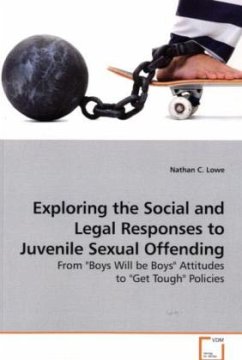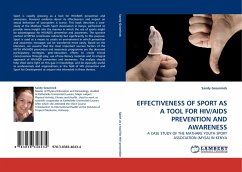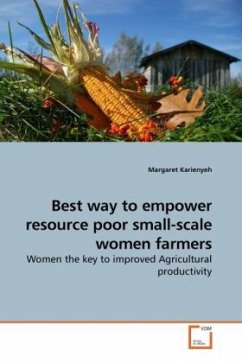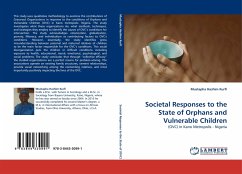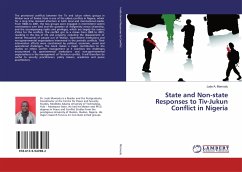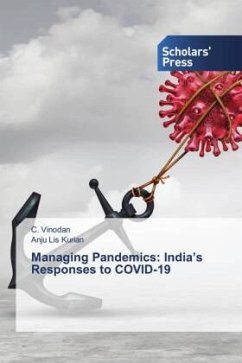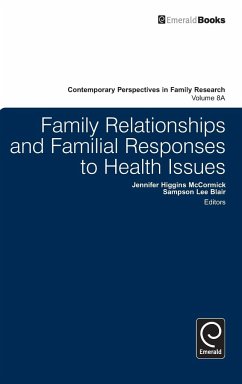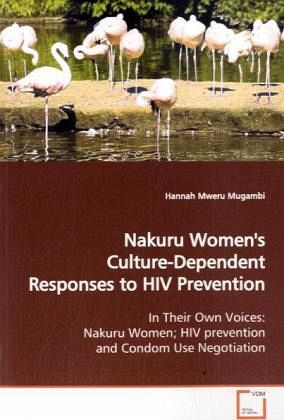
Nakuru Women's Culture-Dependent Responses to HIV Prevention
In Their Own Voices: Nakuru Women; HIV prevention and Condom Use Negotiation
Versandkostenfrei!
Versandfertig in 6-10 Tagen
45,99 €
inkl. MwSt.

PAYBACK Punkte
23 °P sammeln!
An in depth interview study that seeks to understand how low income, HIV positive women of Nakuru, Kenya, perceive, and practice HIV/AIDS prevention, and male condom use negotiation. Focusing on the sample population s cultural, geographic,economic, and political status, within the local and global contexts of HIV/AIDS control policy, and population politics, the study identifies multiple culture-dependent strategies that HIV positive women of Nakuru adopt, as a form of personal and social agency in response to these challenges. A set of feminist approaches to the intersection of gender,race, ...
An in depth interview study that seeks to
understand how low income, HIV positive women of
Nakuru, Kenya, perceive, and practice HIV/AIDS
prevention, and male condom use negotiation.
Focusing on the sample population s cultural,
geographic,economic, and political status, within
the local and global contexts of HIV/AIDS control
policy, and population politics, the study
identifies multiple culture-dependent strategies
that HIV positive women of Nakuru adopt, as a form
of personal and social agency in response to these
challenges. A set of feminist approaches to the
intersection of gender,race, sexuality, and
globalization are applied. Critical Race Feminism
and African Feminist Thought help to locate,
understand and position Nakuru women s lives and
limitations. Through their narratives, complex
heterosexual marriages and relationship types are
identified. A slum life of poverty, hunger, lack of
support from government, kinship, and international
organizations, inaccessibility to reproductive
health services, and gender powerlessness, become
major factors constraining successful HIV/AIDS
prevention practices.
understand how low income, HIV positive women of
Nakuru, Kenya, perceive, and practice HIV/AIDS
prevention, and male condom use negotiation.
Focusing on the sample population s cultural,
geographic,economic, and political status, within
the local and global contexts of HIV/AIDS control
policy, and population politics, the study
identifies multiple culture-dependent strategies
that HIV positive women of Nakuru adopt, as a form
of personal and social agency in response to these
challenges. A set of feminist approaches to the
intersection of gender,race, sexuality, and
globalization are applied. Critical Race Feminism
and African Feminist Thought help to locate,
understand and position Nakuru women s lives and
limitations. Through their narratives, complex
heterosexual marriages and relationship types are
identified. A slum life of poverty, hunger, lack of
support from government, kinship, and international
organizations, inaccessibility to reproductive
health services, and gender powerlessness, become
major factors constraining successful HIV/AIDS
prevention practices.



